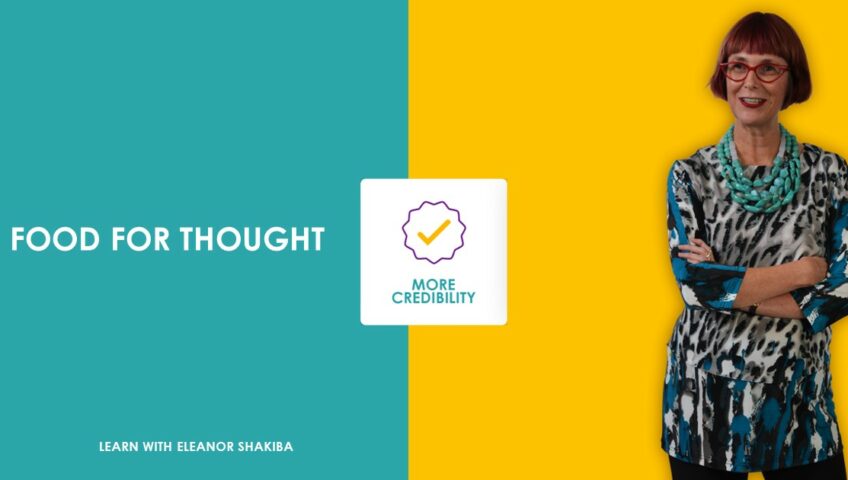If there’s one thing I’ve learned about working with people, it’s that you should never assume other people think the same way you do. A recent article published in Open Mind shows exactly why that is. It describes a study involving 2,700 participants, which aimed to work out how often thinking patterns ‘line up’ between individuals.
So how did the study work? First, the researchers divided participants into two groups. One group was asked to consider the similarity of animals such as finches, whales and penguins. The other group was asked to assess the similarity of U.S. politicians like George W. Bush, Donald Trump, Hillary Clinton and Joe Biden. These categories were chosen because people generally have shared concepts about animals, but there is much more variability about their political beliefs.
Participants in both groups were asked to estimate what percentage of people would agree with their individual responses. The results were astonishing. People tended to believe, often incorrectly, that around two-thirds of the population would agree with them. Some individuals believed they were in the majority, even when virtually nobody else agreed with them. This highlights how easy it is to wrongly assume that your beliefs are widely shared.
Free e-book and video tips.Get your copy today!
|
|
As they delved deeper, the researchers discovered that disagreements may not always be based on what people think. Often, they stem from a simple misalignment of concepts. The mental groupings and associations we use as ‘shortcuts’ to understand objects, words and events differ significantly from person to person. As one of the researchers pointed out “When people are disagreeing, it may not always be about what they think it is. It could be stemming from something as simple as their concepts not being aligned.”
So, the next time you find yourself in a disagreement, remember that your assumptions about others’ beliefs might not be accurate. Take a moment to consider that differences in concepts and associations can lead to varying perspectives. By acknowledging and respecting these differences, you can prevent unnecessary conflict and foster a better understanding of others. Plus, you just might discover a new way of looking at this wonderful world we live in.
To find out more about this research, read the original article here.
This article summary was created by Eleanor Shakiba
Eleanor is a leadership trainer, success coach and people skills expert. She helps managers and business owners build thriving teams and organisations, using tools from Positive Psychology. She's trained more than 60,000 people during her career as a corporate trainer and professional development consultant. Her mission is inspiring talented people to become leaders who make a difference.

